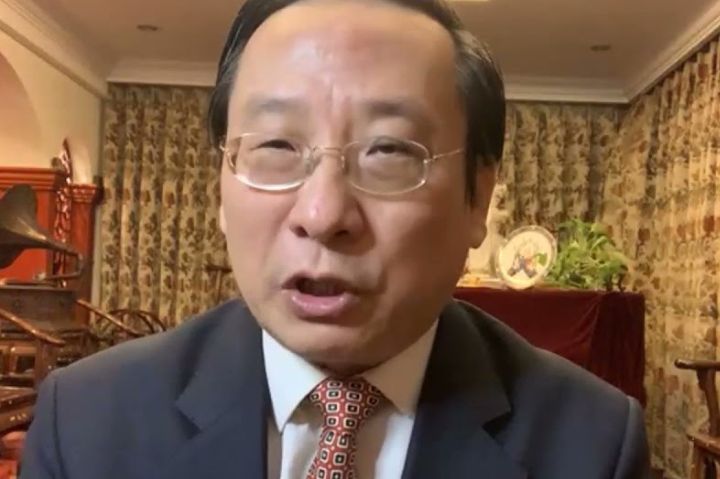In a striking denunciation that reverberates through the corridors of global power, Victor Gao, a former foreign service officer with China’s government, has issued a clarion call to the United States, condemning its unwavering support for Israel amidst a backdrop of devastating attacks on Gaza and Lebanon. His remarks come at a critical juncture as tensions in the Middle East threaten to spiral into a broader conflagration, prompting urgent questions about American foreign policy and its ethical implications.
Gao, who now serves as vice president of the Beijing-based Center for China and Globalization, articulated a stark reality: “Without US support, I don’t think it’s possible for Israel to continue to carry out all these atrocities against the Palestinians, now spilling over to bombing Lebanon and other parts of the Middle East.” His assertion underscores a growing concern that the United States is not merely an observer in this conflict but an active enabler of the violence, with its government “fully intertwined” in Israel’s military actions.
The former diplomat’s words echo a sentiment increasingly shared among critics of US foreign policy. He emphasized the need for introspection, urging the United States to “reflect upon its behaviour and really achieve consistency in whatever rules they are preaching to the rest of the world.” This call for accountability resonates as global citizens watch in horror at the humanitarian toll of the ongoing conflict, which has left countless innocents caught in the crossfire.
Gao’s critique extends beyond mere rhetoric; it is a powerful reminder that the eyes of the world are upon the United States, and its actions—or inactions—will not go unnoticed. “Mankind really has eyesight and has a brain and can see what they are doing,” he stated, imploring the US to “rise up to the occasion and stop the atrocities being committed against the Palestinian people.”
As the conflict escalates and civilian casualties mount, the implications of Gao’s comments could reverberate far beyond diplomatic circles. They highlight the urgency of reevaluating longstanding alliances and the moral responsibilities that come with them.
In this fraught moment, the question remains: will the United States heed this call for reflection, or will it continue down a path that many view as complicit in the suffering of the innocent? The world watches and waits, poised for change.












